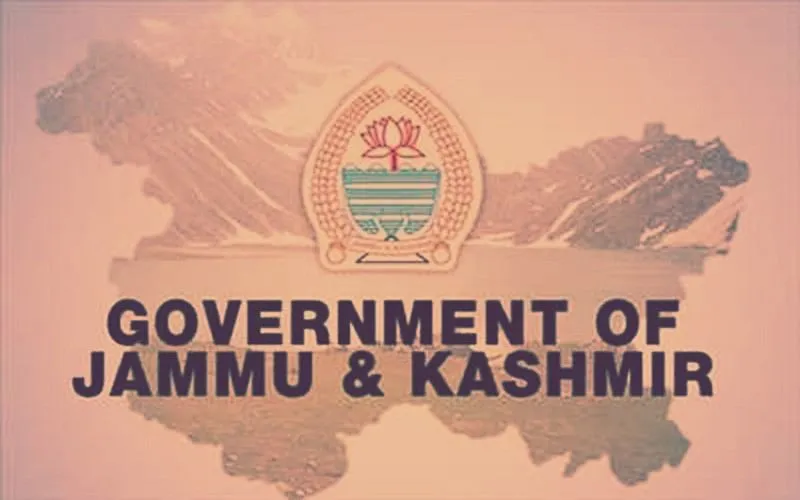BY IRFAN ALI BANKA
Government offices serve as essential institutions to provide services to tax-paying citizens. However, the current state of affairs often falls short of meeting the needs of the public. Lengthy queues, disorganized waiting areas, and outdated systems hinder the efficiency and effectiveness of government services.
To address these challenges, there is an urgent need to implement an online appointment management system. Such a system would revolutionize the way government offices operate, ensuring timely service delivery, reducing waiting times, and improving overall citizen satisfaction.
My Personal Experience:
As an author and a concerned citizen, I have personally encountered the difficulties associated with dealing with government offices. I recently faced a frustrating situation when I reached out to the Deputy Commissioner (DC) of Ganderbal through various channels to obtain a No Objection Certificate (NOC) for my research in the district.
Despite multiple attempts via email and WhatsApp, I am yet to receive the required documentation. In the process, I was directed by the DC’s Personal Assistant (PA) to visit the office in person. On June 5th, I traveled from Chandigarh to the DC office, only to find a cumbersome and time-consuming procedure awaiting me.
From parking difficulties to enduring long queues outside the DC’s chamber, the lack of transparency in the process left me feeling uncertain about the next steps. Frustrated with the inefficiency, I reached out to the PA and also sent a WhatsApp message to the DC, emphasizing the need for timely acknowledgment of emails.
It is disheartening that citizens’ time and effort spent on writing emails often go unacknowledged, disregarding the significance of prompt communication.
The Need for an Online Appointment System:
Government offices are inundated with a high volume of citizens seeking services, leading to chaos and inefficiency. The existing LG Grievance portal provides a platform for registering grievances; however, it fails to address the crucial aspect of appointment management. An online appointment system is essential to streamline processes, reduce waiting times, minimize corruption risks, and improve the overall management of queues outside DC offices.
Benefits of an Online Appointment Management System:
1. Enhanced Efficiency:
It enables citizens to schedule appointments conveniently and eliminates the need for physical queues. By managing appointments electronically, government agencies can optimize resources and ensure a smooth flow of operations.
2. Reduced Waiting Times:
With an online appointment system, citizens can book appointments in advance, reducing their waiting time and providing a more convenient experience. Real-time updates and notifications keep citizens informed about their appointment status, minimizing uncertainty and frustration.
3. Transparent and Accessible Communication:
An online appointment system provides a platform for clear and transparent communication. Citizens can receive information about required documentation, appointment processes, and estimated wait times. It also facilitates two-way communication, allowing citizens to seek clarification and address any concerns they may have.
4. Improved Resource Management:
Government agencies often face budgetary constraints and understaffing issues. An online appointment system optimizes resource allocation by automating scheduling processes, reducing the burden on employees, and improving staff productivity.
5. Accountability and Tracking:
An online appointment system provides a digital trail of appointments, ensuring accountability and traceability. It allows for better tracking of services provided, response times, and customer feedback. This data can be utilized for performance evaluation and continuous improvement of government services.
Conclusion:
The time has come for government offices to embrace modernization and adopt an online appointment management system. Such a system would enhance efficiency, reduce waiting times, and improve the overall service experience for citizens. It is crucial that the LG Administration of Jammu and Kashmir recognizes the benefits of this system and takes proactive steps to implement it. By doing so, they will demonstrate their commitment to citizen-centric governance and foster a transparent, accessible, and efficient government machinery that upholds the principles of accountability and respect for the tax-paying citizens of the region.
Irfan Ali Banka is an anthropologist.
Disclaimer: The views and opinions expressed in this article are the personal opinions of the author.
The facts, analysis, assumptions and perspective appearing in the article do not reflect the views of GK.






